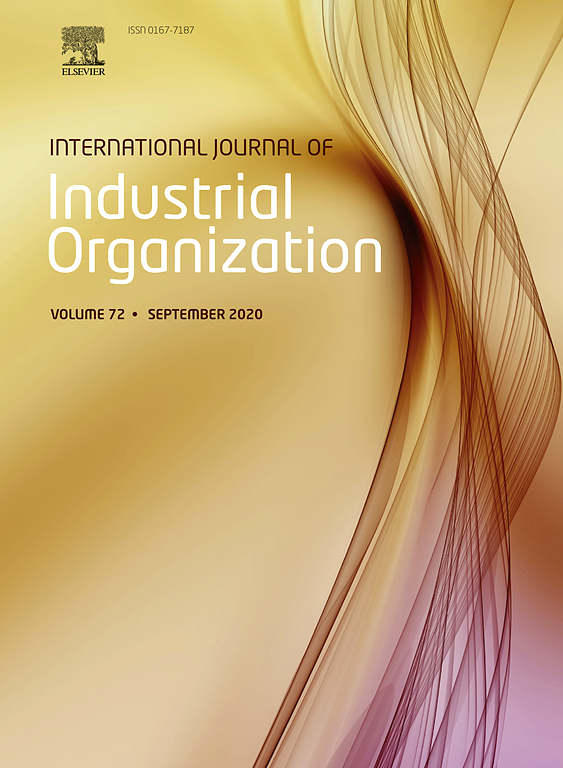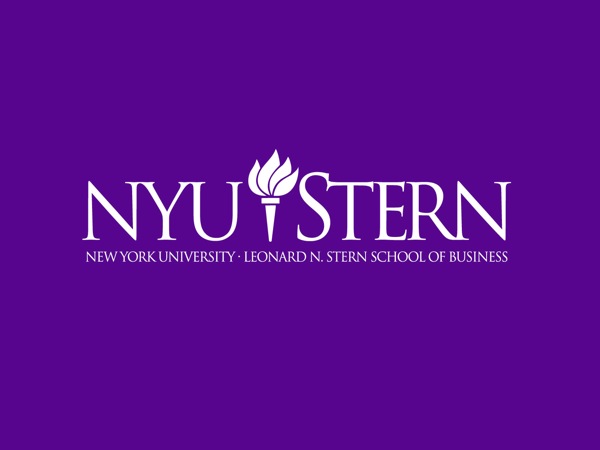Robert Somogyi’s OTKA young researcher (FK_22) project is titled ‘Pricing and regulation in the digital economy’. The main goal of this research project is the analysis of pricing practices in the digital world. The Internet is playing an ever more important role in our lives. In this research project, we investigate hidden fees on online price-comparison websites on the one hand, and the social welfare effects of the special market structure of some online platforms on the other hand. The importance of the first topic lies in the fact that many online platforms use hidden fees, which can reduce consumer welfare in the presence of naive consumers. In addition, we find in our preliminary results that the presence of online platforms makes shrouding incentives stronger. Therefore competition authorities worried about hidden fees should be especially worried about the presence of online intermediaries. The importance of the second topic was highlighted for example by the public debate about Facebook switching off news content by Australian news websites for a few days in February 2021. Through a series of research papers, we first aim to understand price-setting in digital markets, and second, we aim to compare different policy interventions to protect consumers when needed in these markets.
https://nkfih.gov.hu/palyazoknak/nkfi-alap/tamogatott-projektek-fk22






